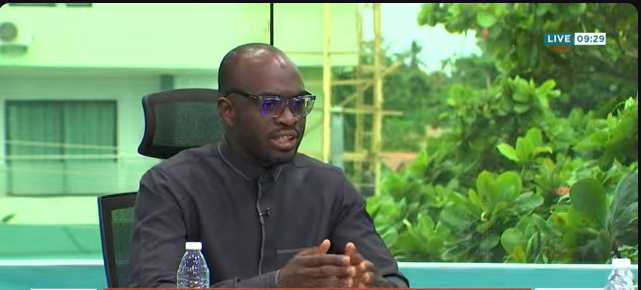The recent appreciation of the Ghanaian cedi against major foreign currencies, particularly the US dollar, has sparked discussion and analysis among economic experts and policymakers. Abdul Kabiru Mahama, Member of Parliament for Walewale, attributes this positive trend primarily to strategic interventions by the Bank of Ghana (BoG), specifically highlighting the injection of substantial hard currency reserves into the market. He argues that this injection, amounting to nearly $500 million in April alone, has increased the availability of dollars, thereby easing the pressure on the cedi and discouraging hoarding and speculative activities. This increased supply, according to Mahama, instills confidence in the market, signaling to traders and businesses that the dollar is readily accessible, thus reducing the incentive to convert their cedis into foreign currency.
Mahama’s assertion underscores the importance of central bank intervention in stabilizing currency markets. By strategically releasing reserves, the BoG effectively manages the supply of foreign currency, impacting the exchange rate. This action counters the forces of demand and supply that often drive currency depreciation, particularly in times of economic uncertainty or speculation. By ensuring ample dollar availability, the central bank mitigates the panic-driven rush to acquire foreign currency, which often exacerbates the downward pressure on the local currency. This intervention, according to Mahama, has effectively calmed market anxieties and fostered a more stable exchange rate environment.
While Mahama focuses on the BoG’s direct intervention, other experts offer a more nuanced perspective. Professor Eric F. Oteng-Abayie, an economist at KNUST, suggests that the cedi’s recovery is a result of a confluence of factors, including both domestic policy reforms and favorable global economic conditions. This broader view acknowledges the complexity of currency markets, where multiple influences interact to determine exchange rate movements. Domestic policies, such as fiscal discipline and structural reforms, can improve investor confidence and attract foreign investment, positively impacting the local currency. Simultaneously, global economic trends, including commodity prices and international investor sentiment, can also significantly influence currency valuations.
Oteng-Abayie’s perspective highlights the interplay between internal and external factors in shaping currency dynamics. While the BoG’s intervention plays a crucial role in managing the immediate supply of foreign currency, broader economic conditions and policy choices form the backdrop against which these interventions operate. A robust domestic economy, coupled with favorable global conditions, creates a more conducive environment for currency appreciation. Conversely, even the most effective central bank interventions might struggle to counter sustained negative pressure stemming from poor economic fundamentals or adverse global shocks.
The cedi’s recent recovery, therefore, represents a complex interplay of factors. The BoG’s strategic injection of hard currency reserves has undoubtedly provided a significant boost, directly addressing the supply-demand imbalance and calming market anxieties. However, this intervention is likely more effective within a broader context of improving macroeconomic conditions and positive external factors. The combination of sound domestic policies, favorable global economic trends, and the central bank’s active management of the foreign exchange market has created a positive momentum for the cedi.
Looking ahead, the sustainability of the cedi’s recovery will depend on the continued implementation of sound economic policies, prudent management of foreign exchange reserves, and a favorable global economic outlook. Maintaining fiscal discipline, promoting export diversification, and attracting foreign investment will be critical for strengthening the underlying fundamentals of the Ghanaian economy and supporting the cedi’s long-term stability. Furthermore, continued vigilance by the BoG in monitoring and responding to market dynamics will be essential for mitigating future volatility and maintaining a stable exchange rate environment. The current appreciation provides a window of opportunity for further reforms and strengthening of the economy to ensure sustained stability and growth.














